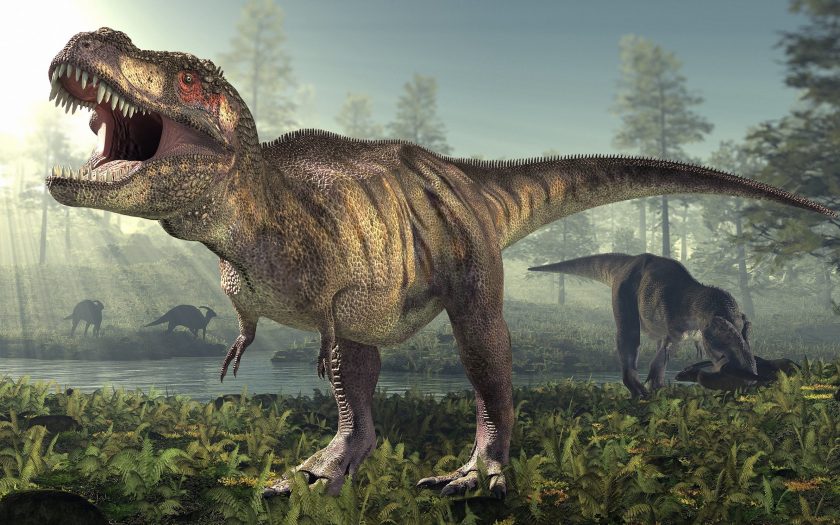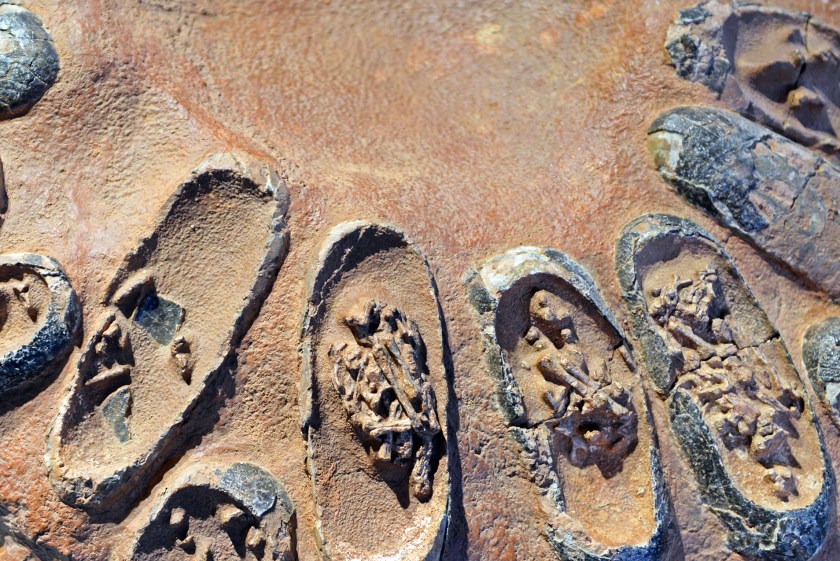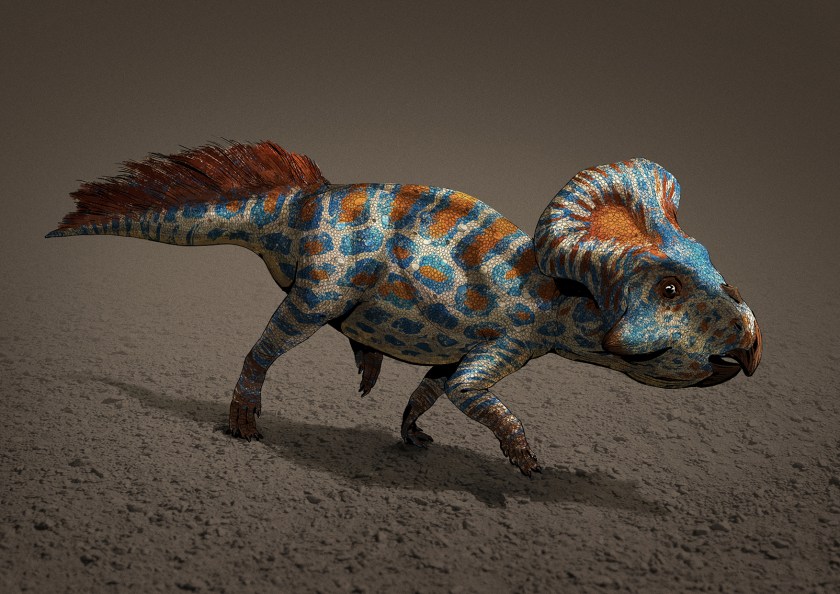
Blame their eggs, not a comet, scientists say. A new study provides a new explanation for why dinosaurs became extinct.
A massive asteroid is the most readily accepted theory for why the dinosaurs died off 65 millions years ago. The running theory is that a six-mile-wide asteroid struck the earth where the Gulf of Mexico currently lies, which sent debris from the impact spewing into the atmosphere halfway across the globe. This led to a mass extinction event that killed off three-quarters of all life on Earth.
Adding a new wrinkle to that theory, an American-Canadian research team believes dinosaurs died out because their eggs took too long to hatch. The idea is that dinosaur eggs took longer to hatch than those of modern-day birds (i.e. their descendants). After the asteroid collision occurred, life on Earth became increasingly difficult to support, as food and other life-sustaining resources grew sparse. In this competitive environment, the amount of time their eggs took to hatch might’ve tipped the odds against the dinosaurs, the study says.

Led by Gregory Erickson, the research team examined fossilized teeth to calculate the time the dinosaur eggs took to hatch. Embryonic tooth development has been a benchmark for the duration of development in other species’ offspring like crocodiles and even humans. Using the same approach, the scientists—from Florida State, the University of Calgary, and the American Museum of Natural History—found that the dinosaur eggs took between three and six months to hatch compared to the 11- to 85-day incubation period of modern bird eggs.
The amount of time it takes for animals to be born determines much about its life—from migration patterns to its survivability. Shorter incubation periods generally improve an animal’s odds of survival by limiting the chance that it (i.e. in an egg) could fall victim to a predator; or once born, the time it takes to reach adulthood. The long stretches of time between giving birth were previously explained by dinosaurs’ long migratory patterns, but scientists may need to reevaluate this theory.

While the study focuses on just two species—Protoceratops andrewsi (above), a smaller cousin of the well-known Triceratops, and the Hypacrosaurus stebingeri, a duckbilled dinosaur—the researchers behind it believe their theory holds for all toothed dinosaurs. But the study, published in the Proceedings of the National Academy of Sciences, notes that further research is needed to fully evaluate the claims. Read it here.
—RealClearLife Staff
This article was featured in the InsideHook newsletter. Sign up now.






















